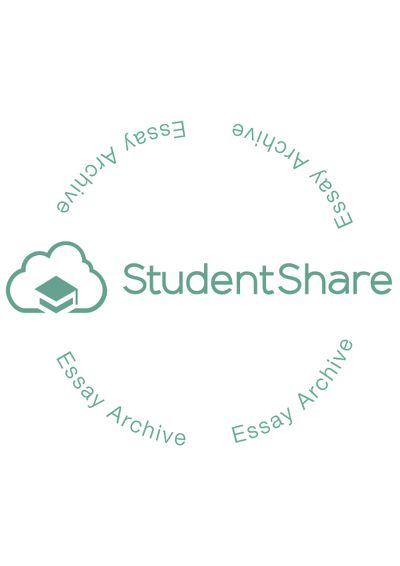Cite this document
(“The attitude of Saudi students in Brighton towards teaching English Essay”, n.d.)
Retrieved from https://studentshare.org/education/1553994-the-attitude-of-saudi-students-in-brighton-towards-teaching-english
Retrieved from https://studentshare.org/education/1553994-the-attitude-of-saudi-students-in-brighton-towards-teaching-english
(The Attitude of Saudi Students in Brighton towards Teaching English Essay)
https://studentshare.org/education/1553994-the-attitude-of-saudi-students-in-brighton-towards-teaching-english.
https://studentshare.org/education/1553994-the-attitude-of-saudi-students-in-brighton-towards-teaching-english.
“The Attitude of Saudi Students in Brighton towards Teaching English Essay”, n.d. https://studentshare.org/education/1553994-the-attitude-of-saudi-students-in-brighton-towards-teaching-english.


